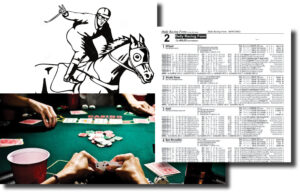Of the three powers: willpower, habit power, and environment power, willpower is the puniest. It’s the one that crumbles first for most people. When you bolster willpower with the momentum of habit power, then add environment power—people, places, and things that support, inspire, and encourage —it’s an unbeatable trio. Environment power can mean having my journal on my bed waiting for me when I awaken rather than keeping it out of sight in a drawer.
A guru whose name I’ve forgotten said, “It’s easy to learn the truth, but hard to remember it.” Learning habits that bring me closer to where I want to go—finishing a novel—is an important tool. Learning a tool without remembering to use it is an exercise in procrastination. Resolving without action doesn’t add up.
In his book Atomic Habits, James Clear builds a case for what’s needed to make the changes we want to bring into our lives. Make it achievable (small actions). Make it obvious (the journal on the bed). Make it rewarding (a feeling of accomplishment because I did what I said I would do—I’m keeping my word with myself). When I write, I am a writer. Even if it’s only a sentence or a paragraph. Reading his book has inspired me to “build back better” the habits that will bring me where I want to go. Doing it the way he recommends, “tiny changes” can bring “remarkable results.”
The keyword in all of this is “action.” Planning without action, lists without action is a useless exercise—if your to-do list includes walking and you never get off the couch, you’re an idle dreamer, not a walker.
View the full newsletter.
 I come from a line of gamblers. My father would leave for a pack of cigarettes and not return for days as he disappeared into marathon poker games. My ex bet on the weather: whether or not it would snow, what football team would win, or what horses could win him the Trifecta.
I come from a line of gamblers. My father would leave for a pack of cigarettes and not return for days as he disappeared into marathon poker games. My ex bet on the weather: whether or not it would snow, what football team would win, or what horses could win him the Trifecta.





